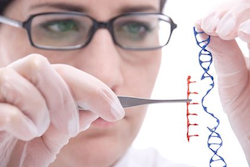 This week MPs in the House of Commons voted 382-128 to make Britain the first country in the world to offer controversial ‘three-parent’ fertility treatments.
This week MPs in the House of Commons voted 382-128 to make Britain the first country in the world to offer controversial ‘three-parent’ fertility treatments.
A further vote is required in the House of Lords, but according to the BBC, if everything goes ahead then the first such baby could be born next year.
This is truly an historic decision that could have lasting consequences. It’s especially important for us here in America where the FDA has been considering whether or not to allow the practice.
I’ve explained much of this here before a number of times, but to recap:
There are currently two different techniques for manufacturing three-parent embryos, the purpose of which is to help families avoid passing on mitochondrial diseases to their children. The first, being developed at Britain’s Newcastle University, is known as pronuclear transfer (PNT) and swaps DNA between two fertilized human eggs (aka embryos), intentionally destroying multiple embryos in the process.
The second, which has been done by scientists in Oregon and New York, is called maternal spindle transfer. This technique swaps material between the mother’s egg and a donor egg before fertilization.
Do not be fooled by reports labeling this technology as mere midochondria “donation” or “replacement.” As Dr. Stuart A. Newman, professor of Cell Biology and Anatomy at New York Medical College, explains, both of these techniques are actually more like cloning than anything else.
Three-parent embryos are genetically modified to carry a combination of DNA that could not happen naturally and this kind of germ-line modification will be inherited. So what these lawmakers have approved is the genetic engineering of future generations without their consent.On top of the fact that, like traditional IVF, the creation of new human life in this way (out of the marital embrace and in the science lab) is immoral in and of itself, there is also no telling what kind of effect this will have on the children it produces.
The science is still very new. Three parent fertility as a concept was only thought of a little over a decade ago. And both of the techniques described above were only first successfully used to create human embryos less than five years ago.
Animals created through these methods have had significant health issues, and in Oregon, genetic abnormalities were detected in half of the human embryos created with manipulated eggs. So, there is a good possibility that we may simply be trading mitochondrial disease for other abnormalities, if babies are ever born using either of these techniques.
And that’s a big if.
In Newcastle’s initial report, most of the embryos were so mangled in the reprogramming process itself that they couldn’t even start dividing. In order to get better results with this technology in humans, more research must be done, which means more and more tiny human lives lost and destroyed.
The concerns don’t end there. The massive amounts of “donated” human eggs that will be needed to manufacture children in this way is a problem. As are legal issues such as: who would be the legal parents of a child generated from genetic material obtained from multiple donors and would such a child have the right to know the identity of all his gene donors?
The Catholic Church teaches that this type of genetic engineering is morally wrong not only because it creates human life in a dish, but also because of the risks involved. Regarding germ-line modifications, the Congregation for the Doctrine of the Faith’s 2008 instruction Dignitas Personae states that, “It is not morally permissible to act in a way that may cause possible harm to the resulting progeny.”
The Church is not radical or alone in her opposition to this kind of genetic modification. More than 40 other countries have passed laws or signed treaties banning human genetic modifications that can be inherited. And, while the Department of Health claimed widespread public support for the measure, the latest ComRes poll found that only 10 per cent of the public agree with the legislation.
Several experts from academic institutions across the world have also discouraged the measure citing the many ethical and safety concerns about the future health of the children.
Prior to the British vote, Dr Paul Knoepfler, a stem cell researcher and associate professor at the University of California, Davis, went so far as to warn that the UK would be making an “historical mistake” if it allowed the unproven and under-tested technology to move forward in humans.
“Even if hypothetically this technology might help avoid some people from having mitochondrial disorders (and that’s a big if),” Knoepfler writes, “the bottom line is that there is an equal or arguably greater chance that it will tragically produce very ill or deceased babies.”
Dr Trevor Stammers Programme Director in Bioethics and Medical Law at St Mary’s University, said: “Even if these babies are born they will have to be monitored all their lives, and their children will have to be as well.
“We do not yet know the interaction between the mitochondria and nuclear DNA. To say that it is the same as changing a battery is facile. It’s an extremely complex thing.”
This radical experimentation on children must not be allowed to move forward.
Preventing mitochondrial disease is a good and noble goal, but this is not the way to go about doing it. Allowing germ-line modification for mitochondrial replacement to proceed despite such obvious ethical and safety concerns sets a dangerous precedent and may only be the beginning — opening the door to even more radical genetic manipulation, and possibly even full scale human cloning.
Paul Tully, general secretary of the Society for the Protection of Unborn Children, told LifeSiteNews, “Until now (researchers) had to destroy cloned embryos. But this regulation allows them to move a step closer towards engaging in full scale human cloning. That seems to be the objective they really want to pursue. People with mitochondrial disease are a convenient front to put forward that other goal.”
We are on a threshold. If the UK does begin genetically-engineering children, this move, it is fair to say, could forever change the course of humanity.
For a society that cares so much about genetically-modified organisms in their food supply, you would think we’d be a little more cautious about the genetic modification of people.
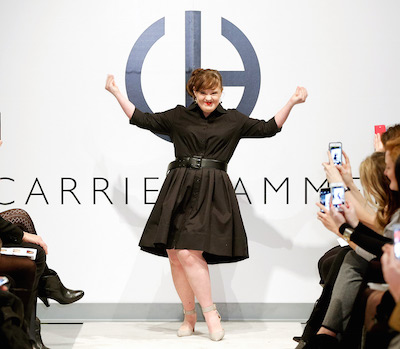
 I like my friend Mark Pickup’s (himself a Canadian)
I like my friend Mark Pickup’s (himself a Canadian)  This week MPs in the House of Commons voted 382-128 to make Britain the first country in the world to offer controversial ‘three-parent’ fertility treatments.
This week MPs in the House of Commons voted 382-128 to make Britain the first country in the world to offer controversial ‘three-parent’ fertility treatments.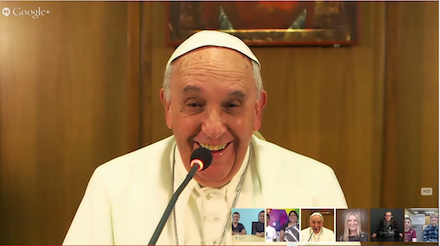
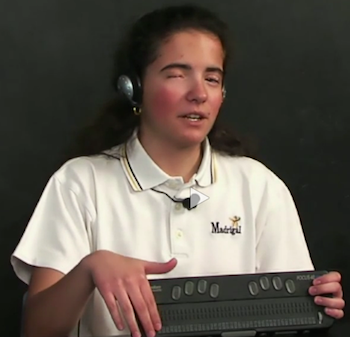
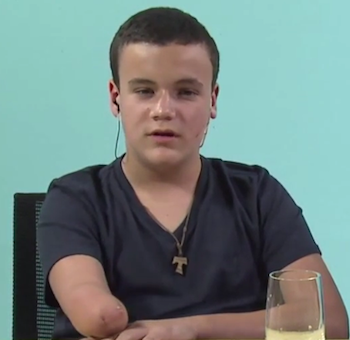
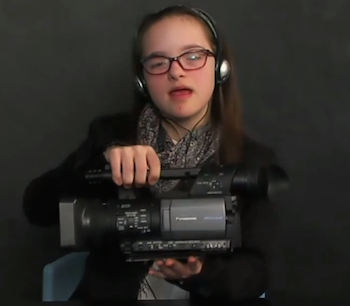
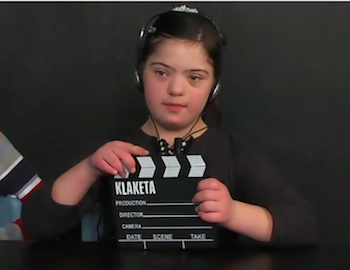
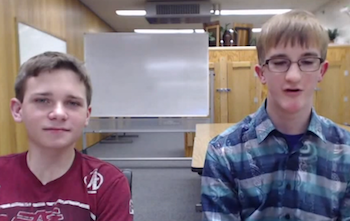
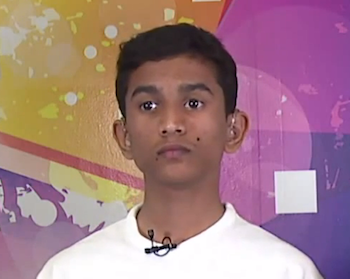
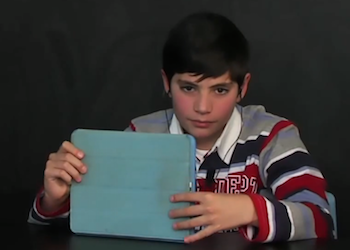
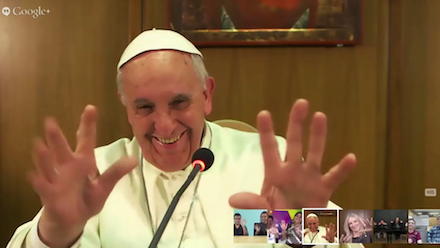
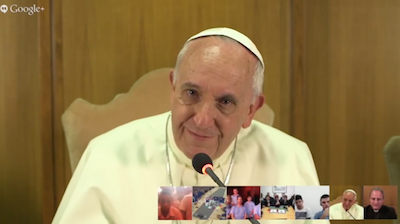

 As he does every year, the CBC’s resident psychic, Wesley Smith, takes a look into his crystal ball (or whatever) and
As he does every year, the CBC’s resident psychic, Wesley Smith, takes a look into his crystal ball (or whatever) and 

